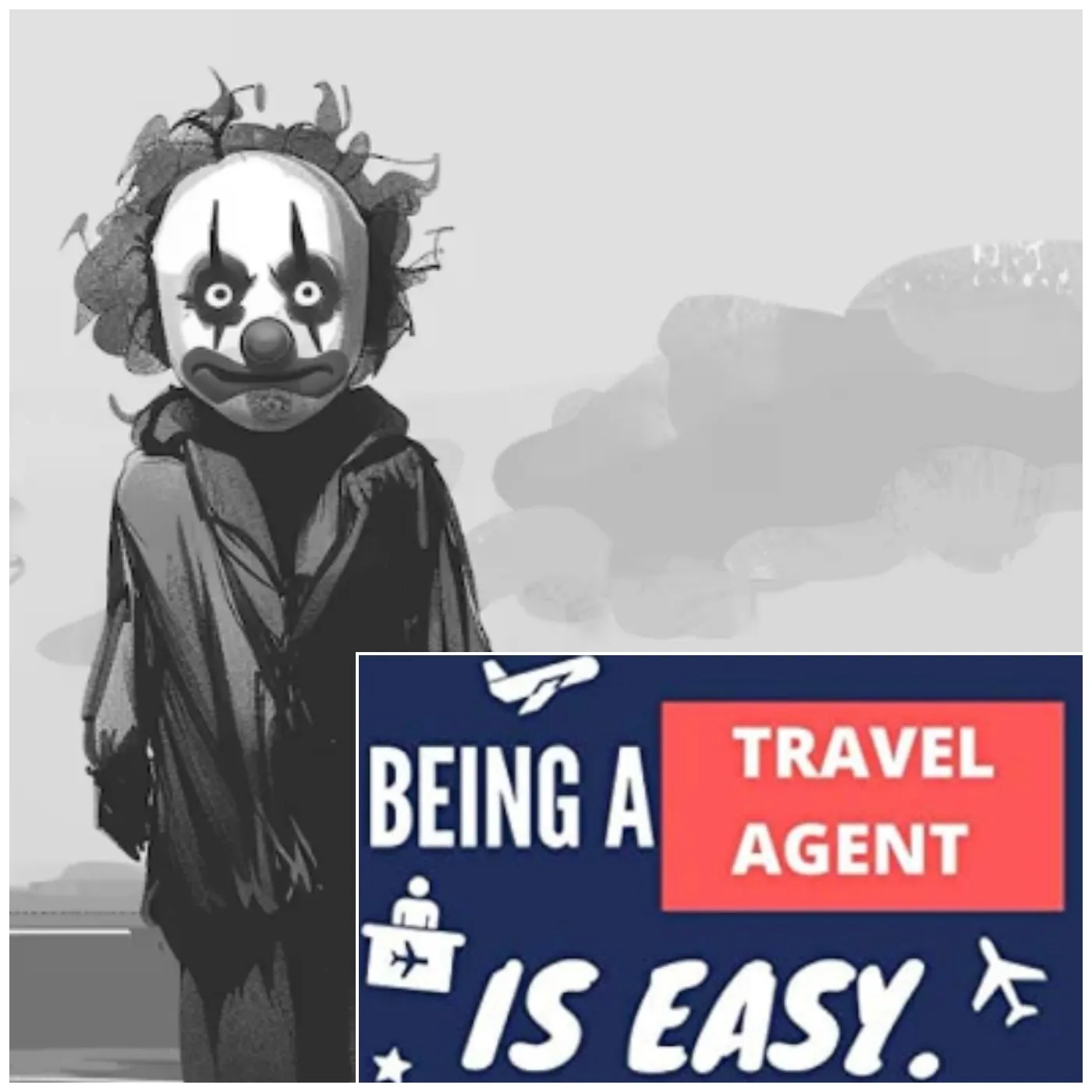Want Better Customer Service When You Travel? You Must Be Joking

In today’s travel industry, customer service seems to be at an all-time low. From record-high complaint rates to widespread service failures, travelers are experiencing an unprecedented level of frustration. According to a recent report, managing bad service involves questioning your loyalties, improvising solutions, and voting with your feet.

Table of Contents
ToggleThe State of Travel Customer Service
The travel industry has faced significant challenges in recent years. Last year, the Department of Transportation recorded a historic number of complaints related to misplaced luggage, delayed refunds, and other service issues. The American Customer Satisfaction Index (ACSI) reported that airlines, car rentals, and hotels all received a mediocre score of 77 out of 100. This indicates a general dissatisfaction with customer service in these sectors.
Real-Life Experiences Highlight Poor Service
Personal experiences underline the systemic issues in travel customer service. Christopher Elliott, author and consumer advocate, shares his recent ordeal of losing a credit card while traveling. Despite promises from his bank for expedited replacement, the card was sent to the wrong address, leaving him entangled in frustrating customer service calls with representatives who could not resolve the issue.
Similarly, Houry Vitale, an accountant from St. Louis Park, Minnesota, faced a series of service failures during her flight from Minneapolis to Madrid. Her experience with unhelpful airline representatives and numerous errors
left her feeling anxious and aggravated. This reflects a broader trend of declining service standards in the travel industry.

Why Is Customer Service So Poor?
Several factors contribute to the decline in travel customer service:
1.High Demand and Low Competition: Popular destinations and businesses with limited competition often provide subpar service. For example, major airlines and credit card companies with little competition tend to perform poorly because they face minimal pressure to improve.
2.Outsourced Call Centers: Many travel companies have outsourced their customer service operations to countries where language barriers and lack of training result in ineffective support. This often leads to unsatisfactory resolutions for customers.
3.Misleading Pricing Practices: New fees and surcharges, often hidden until the last minute, contribute to negative experiences. These “gotcha” fees are a clear sign of poor customer service, as they reflect a lack of transparency and fairness.
Managing and Mitigating Poor Service
While the outlook for improved customer service in travel seems bleak, there are strategies you can employ to manage and mitigate poor service:
-Question Your Loyalties: Evaluate the value of your loyalty to airlines, hotels, and credit card companies. If your current providers fail to meet your expectations, consider switching to alternatives that offer better service.
-Be Creative with Solutions: For instance, if faced with steep late checkout fees, negotiate with hotel staff for a later checkout time. Offering a generous tip to housekeepers can sometimes help you avoid additional charges.
-Vote with Your Feet: The most effective way to drive change is by discontinuing business with companies that provide poor service. Share your experiences with friends and family to encourage them to make informed choices.
The current state of customer service in the travel industry leaves much to be desired. As travelers, we have the power to demand better service by holding companies accountable and making conscious decisions about where to spend our money. By questioning our loyalties, being resourceful, and voting with our feet, we can push for improvements in service standards and ensure that our travel experiences are more enjoyable and rewarding.
For more insights and strategies on navigating travel challenges, subscribe to Elliott Confidential, where you’ll find the latest news and tips for becoming a better traveler.
Christopher Elliott is an author, consumer advocate, and journalist. He founded Elliott Advocacy, a nonprofit organization dedicated to resolving consumer issues, and publishes Elliott Confidential, a travel newsletter.






